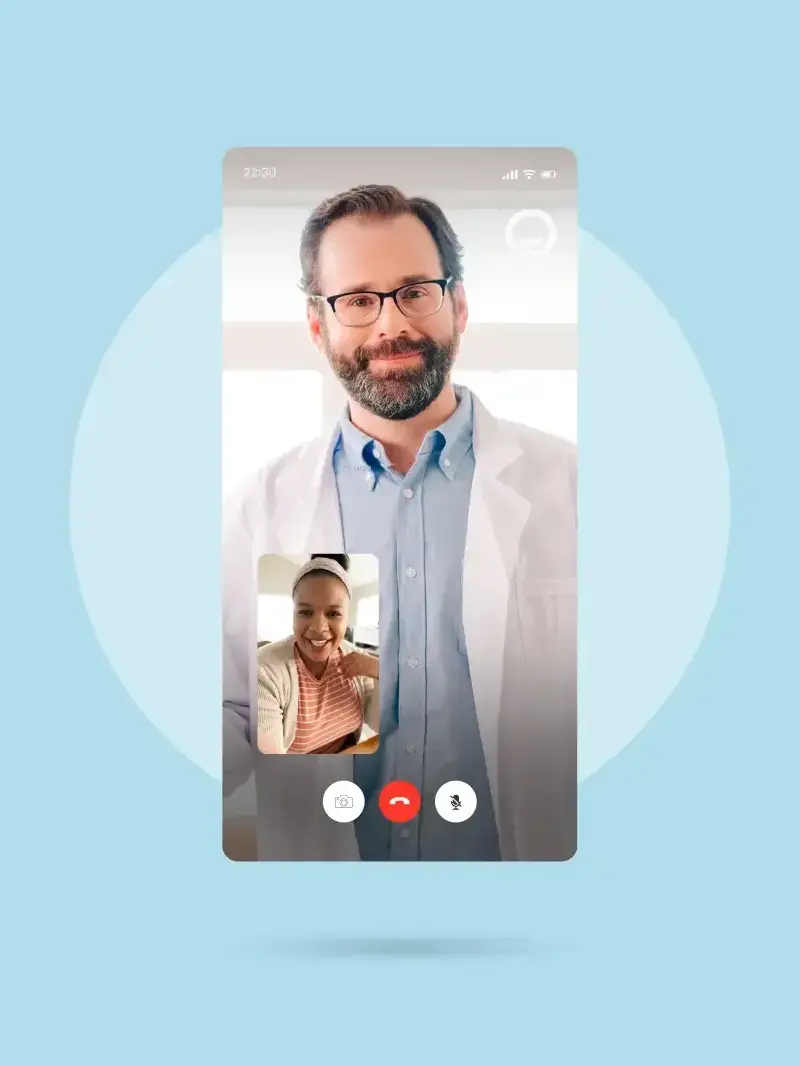Syphilis is caused by the bacteria Treponema pallidum. An infected person can spread the bacteria to his/her sexual partners during vaginal, anal or oral sex, when the partner comes into contact with the syphilis sore.
Syphilis can spread from a mother to her unborn baby, during pregnancy. This is also called congenital syphilis.
Syphilis cannot spread through casual contact with objects, like toilet seats, eating utensils, doorknobs, hot tubs, and clothing.






